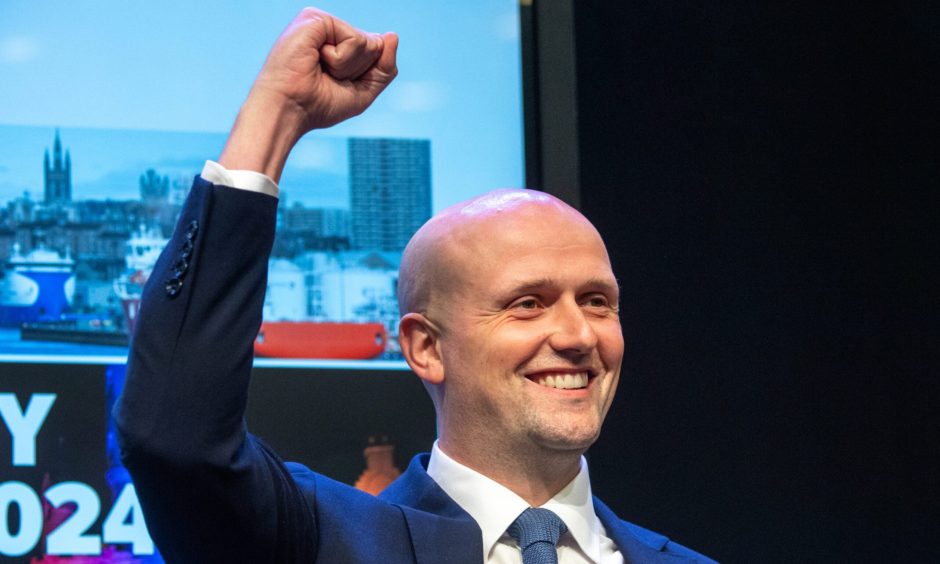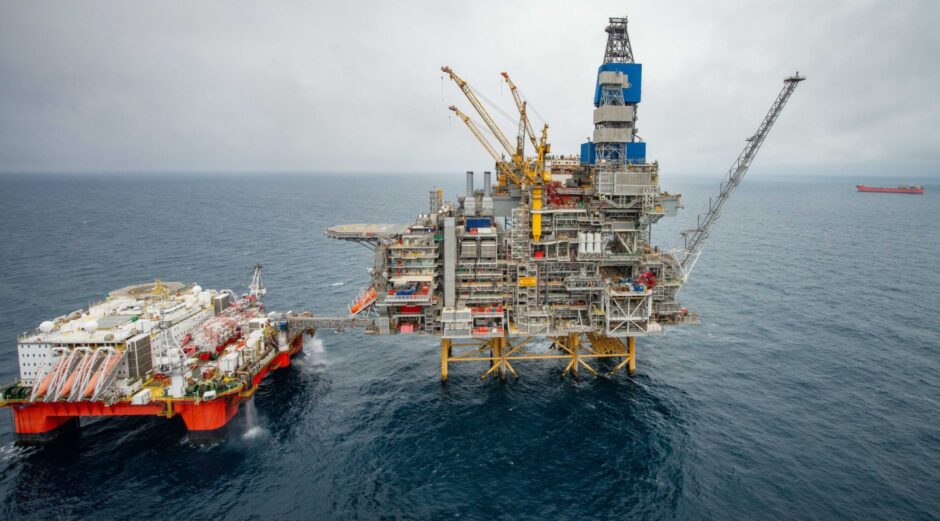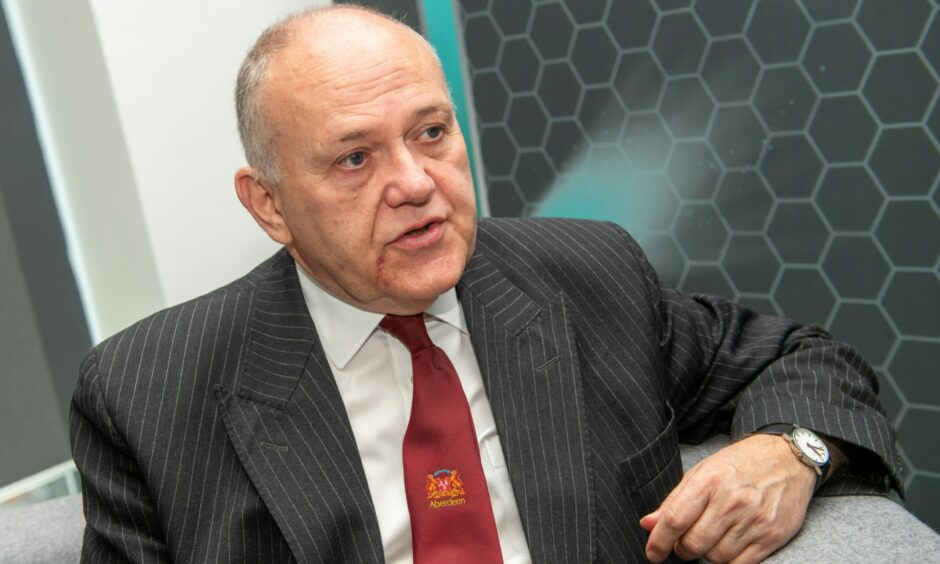In what was an otherwise bruising night for John Swinney’s party, Aberdeen was a rare beacon of light for the SNP as the general election results were revealed.
Voters in Aberdeen South sent Stephen Flynn back to Westminster – where he leads the SNP group – alongside Aberdeen North MP Kirsty Blackman.
The north-east city has in the past elected MPs for all three major parties, and there was some concern Mr Flynn may suffer a surprise a defeat to Labour this time around.
So even as voters elsewhere in Scotland deserted the SNP, why did Aberdeen keep the faith with the two nationalist MPs?
1. The Stephen Flynn factor
Mr Flynn has become one of the most recognisable faces in UK politics since he replaced Ian Blackford in 2022.
The Aberdeen South MP has been praised for his performance in the top job, which saw him quiz the prime minister weekly, and he is often touted as a possible future leader of his party.
Is it possible his own personal profile helped him get over the line?
Party insiders think so.
“I think his name recognition definitely helped,” one source says. “Despite the result, he came across well in TV debates.”
Another told the P&J: “People are aware he’s a solid local MP. Folk saw he was a strong voice for Aberdeen.”
2. SNP shift on oil and gas
Throughout Nicola Sturgeon’s leadership the SNP took a strong position against new oil and gas drilling projects.
It was a decision that proved controversial in the north-east.
Since her departure the SNP’s stance has slowly shifted, a change credited to Mr Flynn’s internal lobbying, and the party fought the election on a promise not to abandon the sector. .
“People are aware of Stephen’s strong stance on energy,” an insider said.
Another adds: “Stephen’s been striking a good balance on the climate emergency but also the transition from oil and gas.”
3. Labour’s windfall tax row
In contrast, Labour’s energy policy has had some sharp criticism from the industry.
The party under Sir Keir Starmer controversially vowed to increase and extend the windfall tax on oil and gas firms in February, and abandoned a major green investment pledge.
Mr Flynn was strongly critical of the move, accusing Sir Keir Starmer of putting 100,00 jobs at risk with the move.
While Labour has plans to create a publicly owned energy firm headquartered in Scotland, the party has not yet committed to basing it in Aberdeen.
Veteran Aberdeen councillor Barney Crockett made headlines last year when he quit Labour over the party’s energy policies.
He is certain the city would have ousted Mr Flynn and Ms Blackman if Labour had adopted a position perceived as more supportive of oil and gas position.
“I think there’s no doubt,” he says. “In all other circumstances, you’d be looking at having two Labour MPs.”
4. Too big a gap for Labour to bridge?
Labour came second in both Aberdeen constituencies, which they previously held until the SNP swept most of Scotland in 2015.
But it’s easy to forget how much ground the party had to make up in this election.
In Aberdeen South, Labour picked up just over 8% of the vote in 2019, finishing fourth behind the Tories and Lib Dems.
Candidate Tauqeer Malik was almost able to triple support this time around.
Similarly, Labour came third in Aberdeen North at the last Westminster election, and more than doubled its vote last Thursday.
Leading Aberdeen businessman Iain Anderson – who defected from the Tories after 39 years to support Labour last year – was out knocking doors during the campaign.
He says: “These seats were always a tough ask. If you look at Labour’s vote in Aberdeen, and in seats in the north-east generally, the vote is up.
He reckons the party now has a “huge opportunity” to advance further in Aberdeen.
5. Confused tactical vote
Across much of Scotland, anti-independence voters seemed to unite to back whichever party was viewed as best placed to defeat the SNP.
But unionist voters in Aberdeen appeared to be unclear on how to vote tactically.
Even though Aberdeen South was once a Labour stronghold, it swung all the way to the Tories in 2017.
Similarly, the Conservatives had supplanted Labour as the main unionist opposition in Aberdeen North.
In the city’s two constituencies, even the Lib Dems and Nigel Farage’s Reform UK picked up more than 6% of the vote each.
It meant the anti-independence split between four parties.
Allan Faulds, who runs polling website Ballot Box Scotland, says: “If you look at the SNP vote across Aberdeen, it’s basically identical to the Glasgow and Lanarkshire vote share.”
Those constituencies all swung back to Labour.
But he reckons there is a risk for the SNP that the pro-union vote could now coalesce behind a resurgent Labour party in future elections.
“There’s a good prospect that people who stuck with the Tories will move their tactical vote back to Labour,” he says.
He adds: “The SNP is now in a very shaky position in a lot of their seats, especially in Aberdeen.”






Conversation